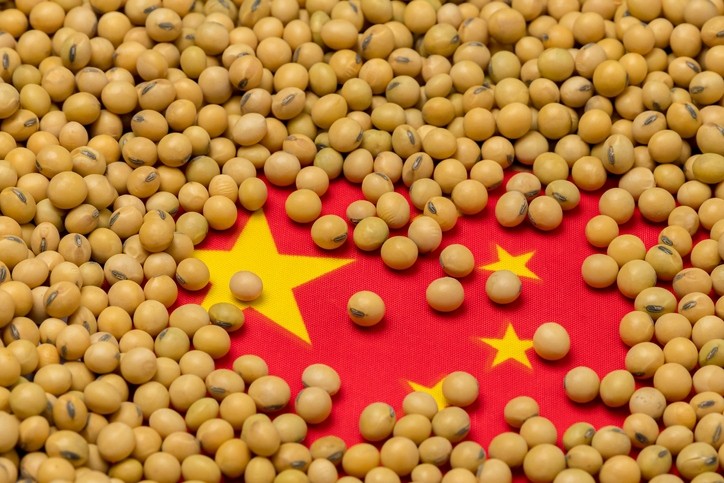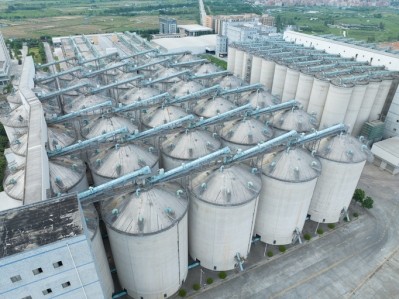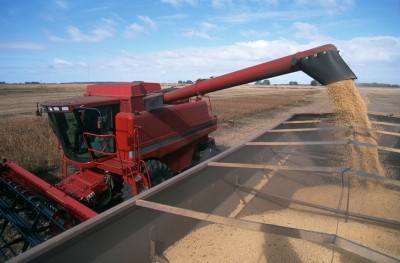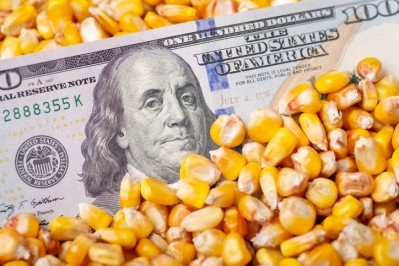Food and feed security: China looks to increase domestic oilseed production

Issued by the Chinese authorities for 19 consecutive years, the 2022 version of the 'No 1 Document' on agriculture and rural development emphasizes maintaining the stability of agricultural production in the context of an economic slowdown due to various factors like COVID-19 restrictions and geopolitical uncertainties, finds a USDA FAS China report.
Boosting feed volumes
Food security remains a top priority for China. The latest guidelines stress the importance of strengthening domestic production of feed supplies.
The document, according to the USDA team, provides a variety of methods by which China intends to meet domestic demand for animal feed, including financial subsidies to plant grains and oilseeds, interplanting corn and soybean crops, increasing production of non-soybean oilseeds such as rapeseed, peanuts, and tea tree oil, expanding silage corn cultivation, and adjusting feed formulations to reduce oilseed utilization in animal feed.
Sources told USDA FAS, however, that these measures are unlikely to sufficiently address China’s demand for animal feed.
Soil preservation, seed focused R&D
The Chinese authorities have noted that seed and arable land are two critical factors to ensure food and feed security.
The No 1 Document reveals that protecting arable land is an increasingly important issue for both party and government officials at all levels.
Soil preservation and improvement remain key targets. In the last two years, China has also made seed development a higher priority, as per the USDA analysis.
“Support for seed development will come in the form of increased investment in research and development, including seeds from genetic engineering (GE), to improve crop yield and/or quality characteristics.”
China’s ministry of agriculture and rural affairs (MARA) has been making moves to streamline the current regulations for the commercialization of GE crops. Industry sources told the USDA FAS team that the publication of GE seed related MARA regulations indicates that the Chinese government will expedite the commercialization of domestically developed GE crops.
“MARA has granted biosafety certificates to domestically produced seeds including two GE rice varieties, three GE soybean varieties, and five GE corn varieties. However, whether and when commercial production of these varieties takes place remains a question.”
Enhancing the sow breeding stock
The Chinese government also wants to bolster the domestic supply of livestock, poultry, and dairy products.
“China is paying particular attention to pork production with MARA pursuing long-term policies to stabilize production including environmental regulations, loans, and insurance programs.
"In late 2021, MARA instituted regulations to support large-scale hog and breeding companies to ensure the breeding stock of sows remained stable at 41 million head as pork is the largest source of animal protein in the Chinese diet.”









